The digital era has, over time, been fashioned by innovations that have continuously broadened how to connect and communicate with the rest of the world. On the horizon, however, in the list here in the deepest and most profound developments we recently had is Mark Zuckerberg’s Metaverse Vision. As the CEO of Meta (formerly Facebook). Zuckerberg has laid out a vision for the future of social networking that abstracts far beyond today’s online domain to paint a vision of an immersive, interconnected digital experience. But what exactly is the metaverse, and what does that definition change about how we see social media?
Understanding the Metaverse: Beyond the Hype
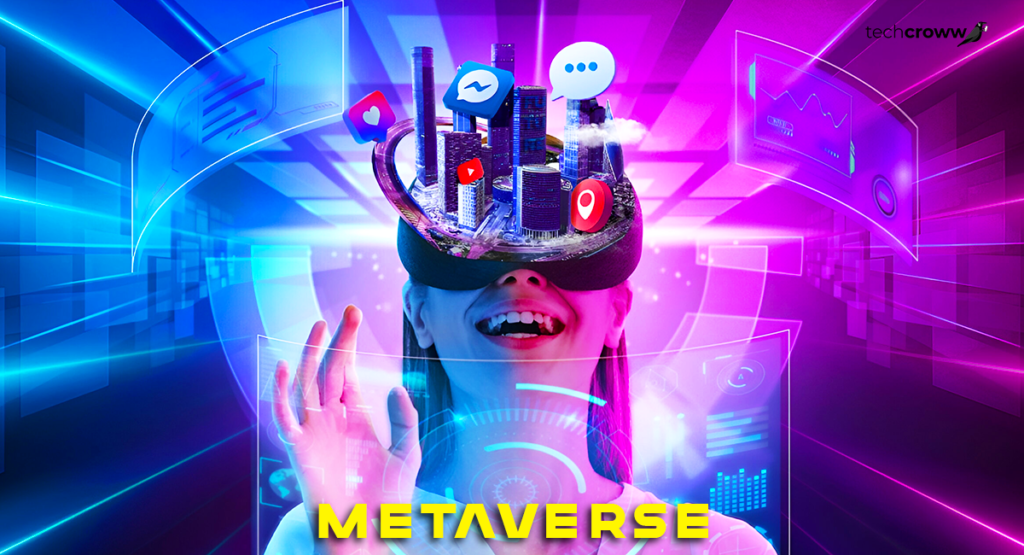
Today, the tech term on everyone’s lips is Mark Zuckerberg’s metaverse. But the concept itself is not new. It was first described by Neal Stephenson in his novel Snow Crash, published in 1992. As a virtual world within which a large number of people can interact through avatars. The concept has gone to the fringes of science fiction in recent years and gained popularity at the very core of technological innovation. Primarily driven by recent advances in virtual reality (VR), augmented reality (AR), and blockchain technologies.
The vision of Mark Zuckerberg in The Metaverse builds upon these bases, and he envisions a world. Both adopting an immersive digital environment. In which people can work, play, socialize, and create as never before. It is promised to be a totally different world from the internet we know today. A metaverse in which the boundaries between the real space and the digital one blur.
Key Components of Mark Zuckerberg's Metaverse Vision
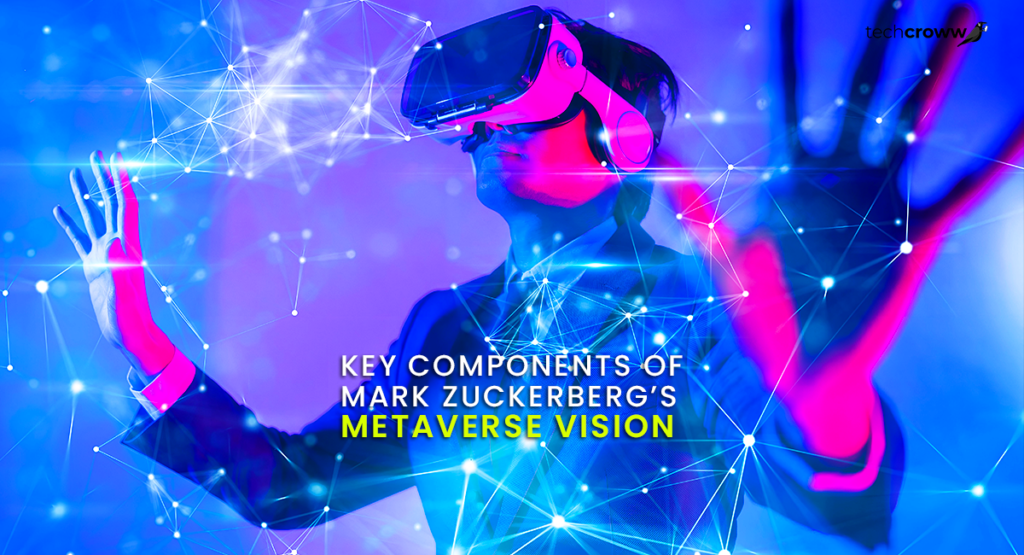
It is therefore important to understand the key components in view of Zuckerberg’s vision to understand what the metaverse could bring into the future of social media.
Virtual Reality (VR) and Augmented Reality (AR): Technologies using VR and AR lay over the metaverse. Allowing access by users to the spaces therein and the maneuverability thereof in substantially more human-like ways. VR plunges users into thoughts of fully virtual settings, but AR superimposes digital elements onto physical reality, changing the way we navigate and interact with the real world.
Interoperability: According to Zuckerberg, the metaverse should not be one specific, solitary platform, but rather an interconnecting ecosystem of digital places and interoperable technologies made to create modern digital platforms and innovations.
Digital Identity and Avatars: Users will have the chance to describe and personalize their avatars—an electronic example of themselves—in the metaverse. Those avatars could very well be your main interface, which will give you better, more expressive communication.
Social Spaces and Virtual Communities: Equally integral in Zuckerberg’s vision of the metaverse is the concept of social experience. The metaverse’s virtual spaces will work in similar ways to today’s social media spaces. Only with much more focus on concurrent interaction and collaboration.
Economic Opportunities: This metaverse is also envisaged as a digital economy that teems with activity. Through which people transact, sell, or buy virtually using its axis. It could be the purchase of digital clothing for avatars or the purchase of virtual real estate.
The Future of Social Media: A Paradigm Shift
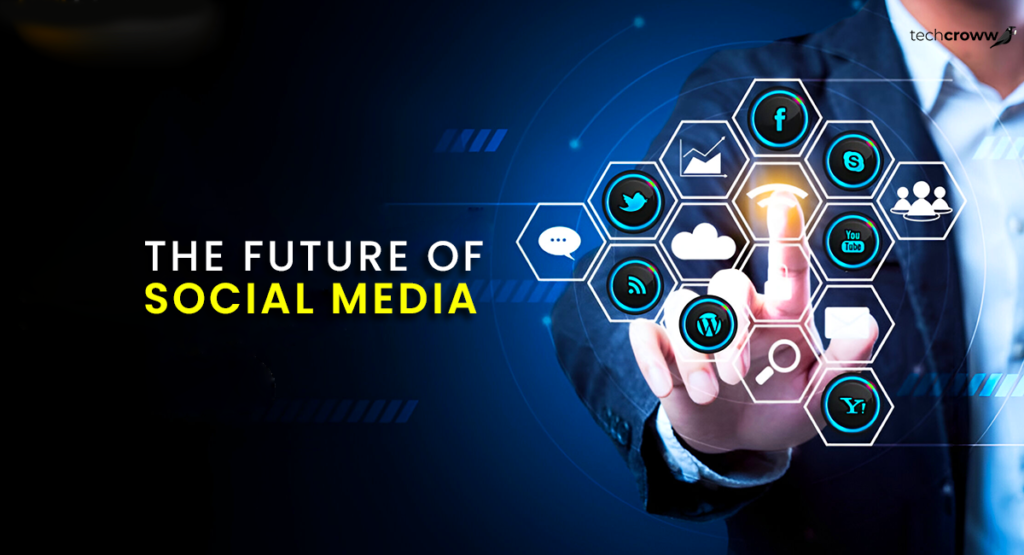
The vision of the Metaverse by Mark Zuckerberg may serve as a game changer in the way social media will go in the near future. It might not turn into an all-inclusive digital experience and, in fact, become more than a cluster of applications on our smartphones. Here is how the metaverse can shape the social media landscape:
Stronger Social Interaction: Traditional social media has been criticized for fostering superficial connections and the building of online echo chambers. The metaverse seems to extend much deeper into how interaction can take place. Users engage with friends, relatives, or even strangers in joint virtual space that feels more realistic and not restricted to text and images.
New Content Creation Formats: The metaverse will also bring in a new order of creating content. Just think about it. You could create a virtual art gallery, host a live concert, or create interactive experiences that other people can become part of.
Changing the Influencer Economy: Connected to this, the metaverse gives a new dimension to the meaning of the influencer economy. Rather than peddling wares within posts and stories. They might create entire virtual worlds or experiences into which followers could drop by and interact.
Privacy and security concerns: Like any new technological revolution, the metaverse ushers in concern over privacy and security. From the biometric information that VR headsets pick up to the digital assets a user owns. A whole ton of data will be generated across the metaverse—all of which needs to be securely protected.
Pitfalls and Criticisms of the Metaverse
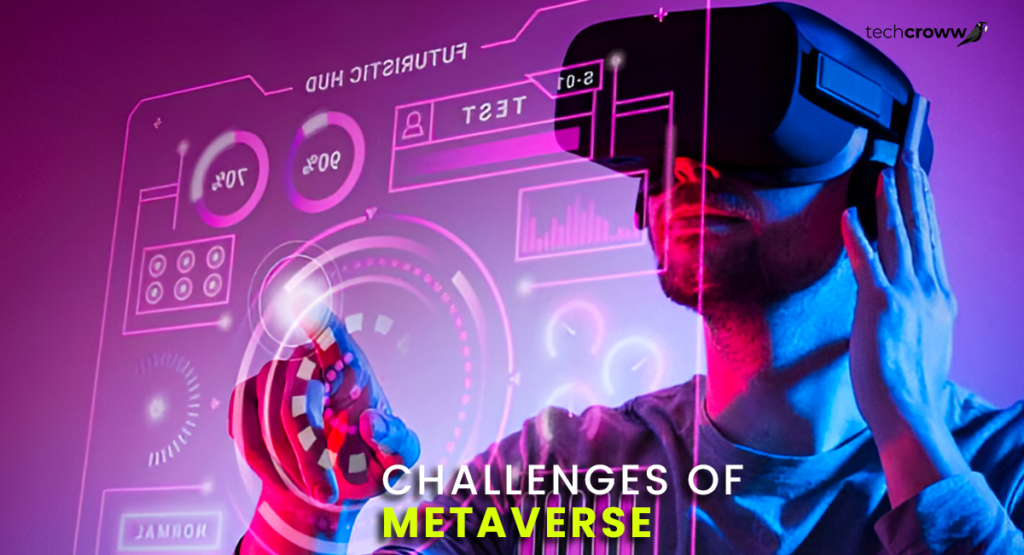
Although Mark Zuckerberg’s vision of the metaverse may sound very bold, it is not void of the following pitfalls and criticisms:
Technological Barriers: The metaverse in this regard requires quite advanced hardware and software to make it fully operational. VR headsets and AR glasses are coming down the price pipeline. But they are still far from being ubiquitous. High-speed internet and powerful computing capabilities are just not pervasive enough for the infrastructure that would fully support a metaverse today.
Digital Divide: The metaverse may contribute to deepening this existing digital divide. Those who cannot tap into the technology in use will be burdened by this new digital frontier. Ensuring equal access to the metaverse will be one of the most important components of avoiding additional disparities in the digital world.
Commercialization and Control: Commercialization has also brought forth the conception of the metaverse. That raises a lot of concerns about the way showcases are run by heavyweights like Meta. It is often said that, if the metaverse is nestled within a few tech giants. There is likely to be evidence of practices leading towards a tendency to be monopolistic and limit innovation. Indeed, Zuckerberg, in his comment, has said that the metaverse will be an open platform, though not just in practice. This will play out remains to be seen.
Mental Health and Well-Being: Secondly, the metaverse will grossly impact mental health generally. While the metaverse provides opportunities for hyper-connectivity and creativity. It can also pose risks related to addiction, social isolation, and boundary blurring. Between the virtual world and actuality. Balancing the benefits of the metaverse with its potential downsides will be a key challenge for both developers and users.
The Role of Meta in Shaping the Metaverse
Being the driving force behind this concept, Meta has a critical role in the way the metaverse will be shaped. The company has extensively invested in VR/AR technology toward the creation of gadgets. like the Oculus headset, and the development of Horizon Worlds, a VR social platform. These investments are a testament to Meta’s commitment to making the metaverse a reality.
And yet, at the same time, the entry of Meta also raises questions of governance and control within the metaverse. Consistent with the kinds of controversy that Meta has faced in relation to data privacy and the moderation of online content. There is realistic skepticism over its ability to be the responsible digital ecosystem governor. Whether such a new space will develop into the actual equivalent of the metaverse depends on more than just further technological vicissitudes. But importantly, on the ethical and transparent governance that will be deployed.
For the user, the metaverse provides not just opportunities, but probably some very forthright challenges as well. It offers an opportunity to discover new forms of social interactions, creativity, and economic activities in a very engaging environment. But it also requires willingness from the users to move in this new digital landscape with its concerns about privacy, security, and—of course—addiction.
Staying informed and engaged will be the real key to making sure people can get the most out of this metaverse as it rises. And make the most of its potential perils. Users will need to be proactive with the understanding of technology, setting both boundaries and advocacy for their rights. Within this new digital world, to drive value in the metaverse.
Conclusion
Mark Zuckerberg’s Metaverse Vision is really a giant. And a far-reaching stride into what the future will be for social media and digital interaction. It is in its very infancy, but there can be little doubt about the amazing potential it holds for changing the way we connect, create, and communicate. All this is visualized from the perspective of standing on the threshold of this brand new frontier in digital technology. One is left in no doubt that the metaverse is so much more than an ephemeral buzzword. It is a vision to change the very fabric of our online lives.
The future is bright and calls for infinite imaginations for those ready to embrace the vision of The Metaverse. New ways of work and play, expression, and connection in places that are beyond imagination. The Metaverse will be very driving in this digital age. But realizing the vision in practicality requires deliberation over challenges and commitment toward building a Metaverse that is inclusive, safe, and enriching for all.

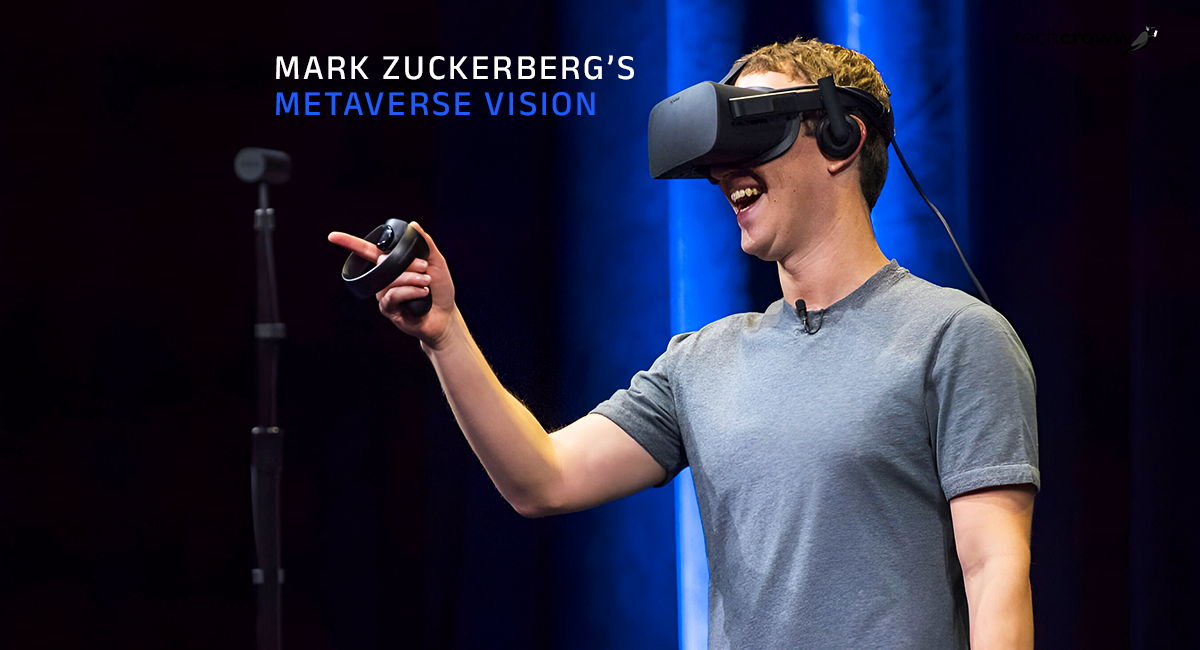

1 thought on “Mark Zuckerberg’s Metaverse Vision: What It Means for the Future of Social Media”